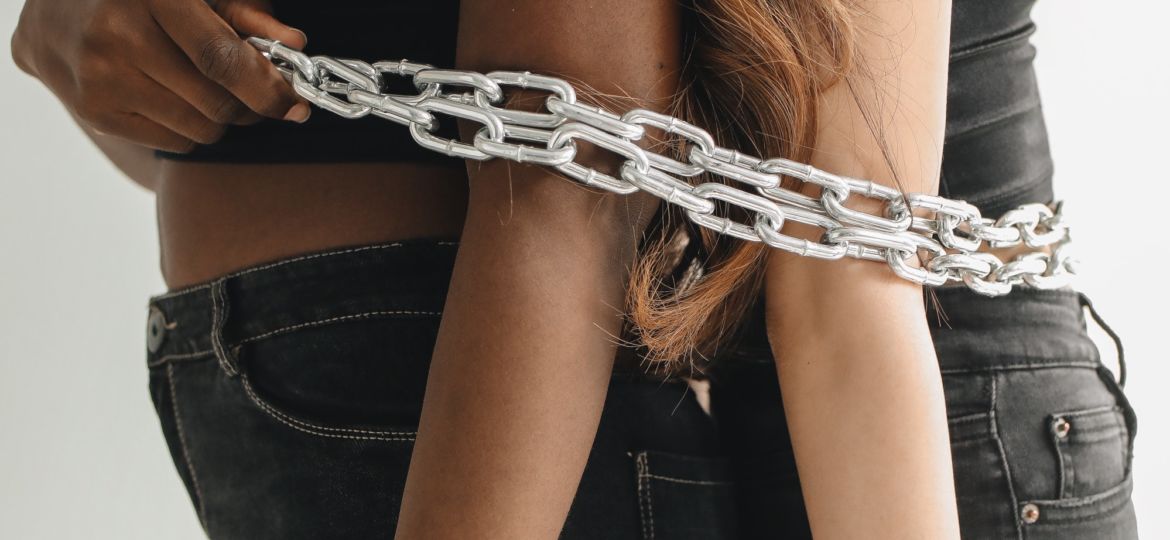
This is the third piece of a four-part series titled “Mavens4Change,” featuring Rima Shahid, the CEO of Women4Change Indiana.

A mother tends to have vivid memories of being in labor and giving birth. Along with remembering big parts of the experience, like the pain of contractions and the joy of hearing that what-just-happened-to-me wail from her newborn, she will also recall smaller details: her partner’s voice whispering encouragement, the pattern of the ceiling tiles she stared at for what seemed like days, and the cool metallic feel of handcuffs on her wrists and ankles.
Wait … what?
Sadly, for many women who give birth while incarcerated, that last image is all too real. Under the guise of security, countless mothers have been forced to go through labor, delivery, and post-partum recovery while wearing shackles.
Fortunately, that isn’t the case in Indiana anymore. In March, Gov. Eric Holcomb signed HEA 1294, which called for correctional facilities to use the least restrictive restraints necessary on a pregnant inmate in the second and third trimesters of pregnancy, and to use no restraints on an inmate who is in labor, giving birth or during postpartum recovery or a medical emergency related to the pregnancy.
HEA 1294 passed unanimously in the Indiana House and Senate, which, in our era of polarization, underscores the law’s obvious wisdom. It’s one of the few things, it seems, that lawmakers can agree on. The law was necessary because, while the 2018 First Step Act signed by former President Donald Trump barred the shackling of prisoners in federal custody, it did not protect the 85% of incarcerated women who are held in state prisons and county jails. Now Indiana has addressed that justice gap.
When you consider the facts, the move simply makes sense: First, the risk is virtually nonexistent: The vast majority of Indiana’s female detainees are non-violent offenders, and states that already prohibit shacking of pregnant women have not reported increased security issues. There is no record of a woman in labor attempting to escape.
Second, the practice puts mothers and babies at risk, not only by restricting how well a mom can participate in the delivery but also possibly hindering medical care, especially in the event of a medical emergency during or after delivery.
That second point should not be passed over lightly, especially in Indiana, where alarming numbers of women die in childbirth. Nationally, 20.7 women die in childbirth for every 100,000 births. Indiana’s maternal death rate is twice that—41.4 women for every 100,000 births—even though the 2020 Maternal Mortality Report notes that 87% of pregnancy-related deaths are preventable.
Third, and finally, there is the matter of dignity and justice. No one is suggesting that a pregnant woman should avoid justice, but I do argue that no mother or child should be robbed of basic human rights. In addition, because maternal mortality rates and incarceration rates are higher for women of color and marginalized groups, maternal shackling likely disproportionately affects those populations.
So, as we celebrate Mother’s Day, I also want to applaud Gov. Holcomb and Indiana’s legislators for adopting a no-shackling law. At the same time, I want to issue a challenge to states that have not yet closed this justice gap: Join us. Remove cold steel shackles from the delivery room and let equity and justice welcome newborns into the world.
Rima Shahid is the CEO of Women4Change Indiana.
All of our content—including this article—is completely free. However, we’d love it if you would please consider supporting our journalism with an Indy Maven membership.
















